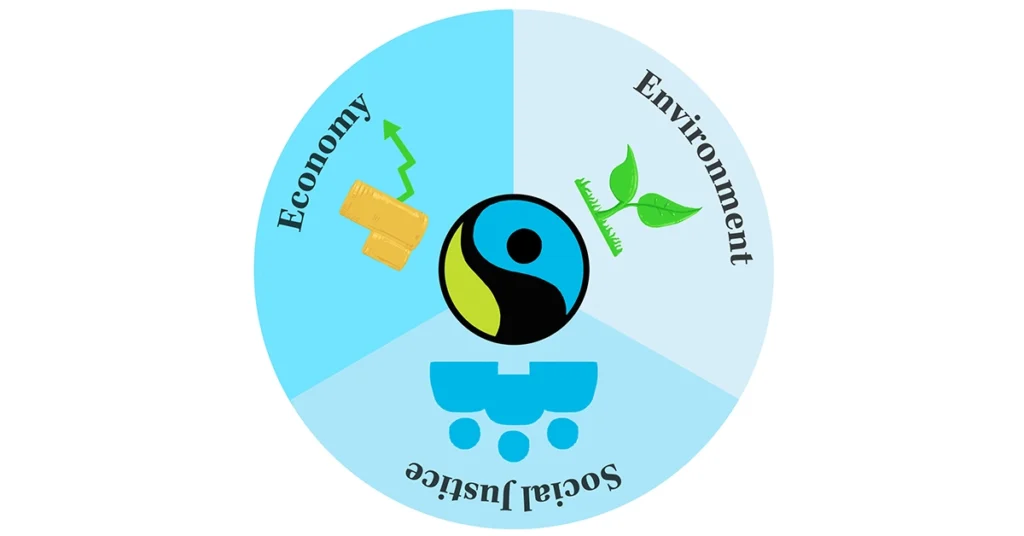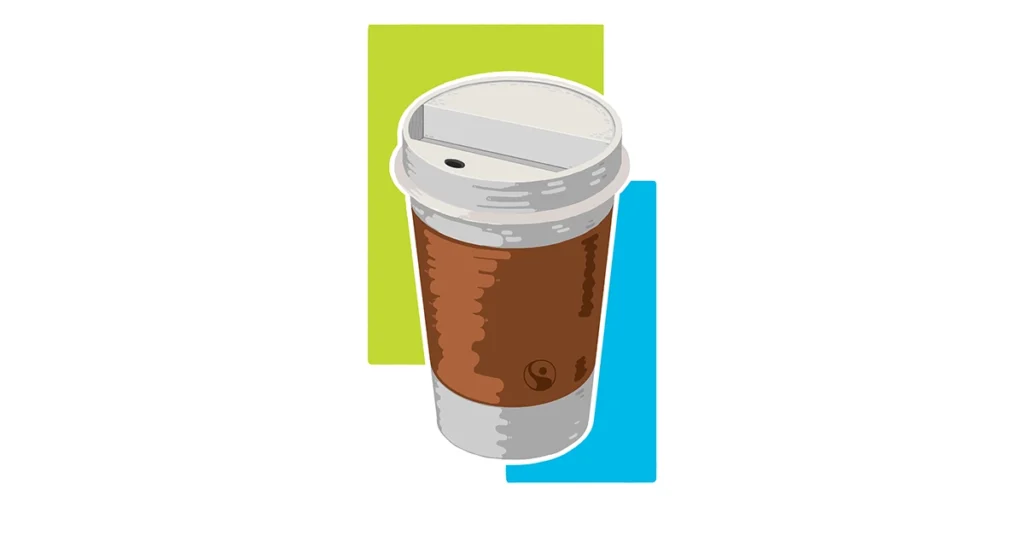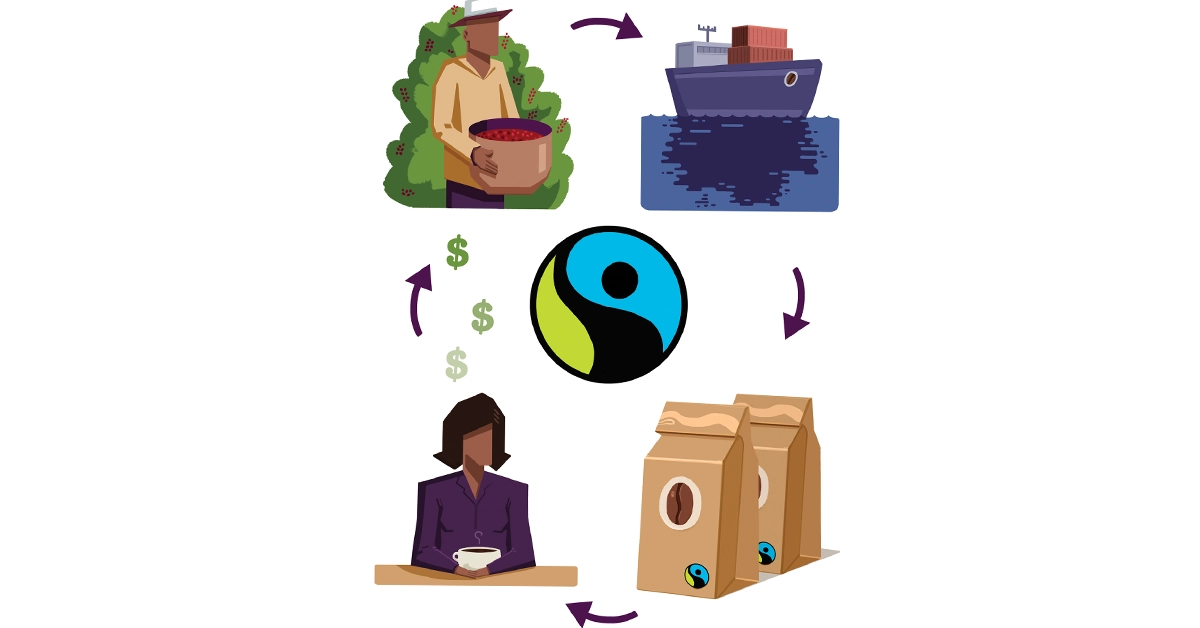MacEwan University celebrated its Fair Trade Campus designation on April 19, 2017, adding to the school’s growing repertoire of sustainability initiatives.
The designation makes MacEwan the second university in Alberta, following the University of Calgary, to offer Fairtrade food products while it educates the students on work and living standards in developing nations.
According to the Fairtrade Canada website, this classification means “the institution is taking a clear stance at demanding a fair deal for Fairtrade producers of the Global South.”
“Through the (Fair Trade) Campus Program, when a student or a professor buys Fairtrade certified products, it means that they support farmers and workers as they work to improve their lives and their communities,” Mélissa Dubé, Outreach and Marketing Manager at Fairtrade Canada, says through an email.
The word “Fairtrade” is used in conjunction with names of organizations or countries, whereas, the phrase “Fair Trade” is used specifically to describe the trading process.

The terms “Global South” and “Global North” refer to the socio-economic gap between the world’s Northern and Southern Hemispheres. Since a large number of North America and Europe’s popular commodities are produced in developing, southern countries, standards of Fair Trade are set in place to protect the individuals who manufacture them.
Fair Trade begins with the producers. Small farms and co-ops work together under standards set by Fairtrade International to ensure that products like coffee beans, tea leaves, and sugar are grown with both the environment and human rights in mind.
i
i
Once products are manufactured under Fairtrade terms, they receive a certification mark and travel to North America and Europe to be consumed.
So why exactly is it important that students purchase Fairtrade products?
Whether it’s their bent for social justice or enthusiasm for education, university students tend to be socially conscious with their consumption and spending habits.
“The Fairtrade movement is a global one, whereas Canadian Fair Trade Campuses fit into a broader picture of demanding fairer trade,” Dubé adds, noting that “nearly 2,000 municipalities around the world have received similar designations as Fair Trade Towns”.
“[A] recent Globescan study shows the Fairtrade mark is increasingly associated with personal values, consumer pride, and high quality, and that young customers are receptive to Fairtrade,”
Dubé says.
This receptiveness may be tied to the rise of social awareness as topics like climate change and human rights make their way into more discussions around the world.
While young consumers may feel like they’re doing their part to create a sustainable future by meeting the status quo of social activism, there are still critiques to be made of whether or not this type of consumerism is really as ethical as it may seem.

As a student body claiming to be sociologically aware, it’s important that we are open to scrutinizing processes which label themselves as “fair” or “ethical.” The term “fair” lends itself to a variety of interpretations, especially when the idea of fairness for one group conflicts with the well-being of others.
One popular critique of Fair Trade concerns its promise to offer better prices and working conditions for farmers and workers in the global south.
“The critiques being made are that (Fair Trade) is, in fact, causing more harm than benefit, in the sense that the companies are making more profit because of Fair Trade and it’s not going to the actual recipients,” says Shahidul Islam, an economics professor at MacEwan.
“For example, if (Fair Trade organizations) are transporting coffee from Brazil, are the coffee growers really benefiting from this Fair Trade designation?” Islam asks.
In 2011, Fair Trade U.S. decided to split from the Fairtrade Labelling Organizations International (FLO-I), an organization that governs the international standards of Fair Trade certification.
This decision extended the limits of Fair Trade production to larger coffee plantations and has since made a large impact by creating competition for small-scale producers.
Although the designation is new to MacEwan, Fair Trade products have been offered for years by mainstream vendors on campus.
Tim Hortons launched Fairtrade partnerships with several countries in Latin America in 2005, and Starbucks has been supporting a Fair Trade deal since 2000, according to their respective websites.
Since the university has technically supported Fair Trade products for a while now, what exactly will this new designation change on campus?
According to the Fair Trade Campus requirements summary, “at least one (1) Fairtrade certified chocolate bar must be available at every location selling chocolate bars”.
With the new designation, MacEwan students can also expect that all coffee sold on campus will be Fairtrade, and that three types of teas must be certified at any place on campus where tea is sold.
“It’s important to remember that low prices on conventional products are made possible by the exploitation of an entire group of people in the supply chains.”
—Julie Francoeuer
MacEwan also has its own locally sourced products. The university now produces honey as a part of its urban beehive on top of Building 5, and the aeroponic tower gardens in Building 6 are used to produce fresh produce.
The university’s commitment to sustainability aligns with its agreement on designating Fairtrade, allowing us to build a better understanding of the connection between the goods we consume and the environment we get them from.
Locally sourced products, organic products, and Fairtrade products all hold a reputation of being more expensive than your average product. However, students shouldn’t expect a large rise in price when buying these certified products on campus.
“Fairtrade is no longer more expensive. Take coffee, for example: a bag of Fairtrade coffee is the same price and as easily accessible as a similar quality coffee, and you can find it in most mainstream retailers,” says Julie Francoeuer, Executive Director at Fairtrade Canada.
“There is a long way to go for this to also happen in some products,” Francoeuer says. “It’s important to remember that low prices on conventional products are made possible by the exploitation of an entire group of people in the supply chains”.
Although many consumers are doubtful that buying Fairtrade products will actually result in a substantial enough outcome for small-scale producers, the effort is not worthless.
“From an economic standpoint, when someone benefits (without harming somebody), it’s a societal benefit,” says Islam.
Francoeuer assures students that the new designation will allow MacEwan to be a driving force in global economic equality.
“Through the Fair Trade Campus Program, it is possible to use the consumer support to influence international trade practices, and (that) is a powerful tool for change,” says Francoeuer.
Graphics by Kia Valdez Bettcher.





0 Comments